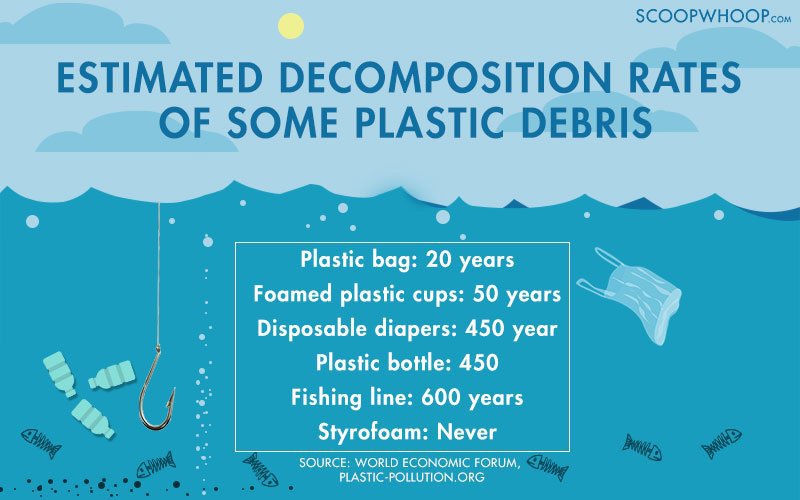 As a Sister of Humility I am most vocal about the Care of Earth part of our mission statement. I want to shout it from a mountain and make people understand what it is that humans are doing to their bodies, our animal friends, the poor and powerless people, and Earth. There are so many ways we harm our world. At this moment I'm talking about "one use" plastic. As a Sister of Humility I am most vocal about the Care of Earth part of our mission statement. I want to shout it from a mountain and make people understand what it is that humans are doing to their bodies, our animal friends, the poor and powerless people, and Earth. There are so many ways we harm our world. At this moment I'm talking about "one use" plastic.
Maybe you've heard this before, but we all need to hear it again. and again. and again. and make changes. It may take practice, maybe a little work or investment, but there are relatively simple changes we all can make. I've been so happy to dine at restaurants that don't automatically give me a plastic straw. And they are only too happy to wrap my leftovers in foil, if they don't already provide non-plastic cartons. Normally I have my glass water bottle with me. But I sometimes drink water out of a plastic bottle when there is no other alternative - it makes me cringe a little because I know there is plastic in what I am drinking. Hydrating wins in some cases. But, I ALWAYS recycle the bottle. And at first I'd forget my canvas bags and come home with my purchases in plastic. But now, after practice, I NEVER forget to carry reusable shopping bags. In fact, I have a collection of cute or funny ones that I and others enjoy! It's not that difficult. So read the following again and again and try. Please try. My friend, Lori McCollum recently submitted this to the Progressive Action for the Common Good Environmental Forum:  Plastic has made many useful and amazing contributions to our economy and to science, but is does not make sense to produce it for single use. Global plastic production has increased by over 600% since 1975, totaling around 335 million metric tons in 2016. About half of this is used for single use products. Billions upon billions of items are choking our waterways, contaminating our oceans, and piling up in landfills where they can take over 500 years to disintegrate. Plastic pollution threatens wildlife, and our own health, as we consume plastic through both water and food. Plastic toxins are associated with increased risk of cancer, liver damage, and reproductive problems.
What items are we talking about? Bottles, bags, utensils, cups, straws, and packaging. Humans buy 1 million plastic bottles per minute, only about 23% of which are recycled. Approximately 4 trillion plastic bags are used annually worldwide, only 1% of which are recycled. Half a million straws are used in the world EVERY DAY. However, the main cause of increased plastic production is packaging. About a third of the 78 million tons of plastic packaging produced annually is left to flow into our oceans, the equivalent of pouring one garbage truck of plastic into the ocean every minute. Even the plastic disposed of in your trash can contribute to pollution, as landfills leak and the wind blows light-weight items away.
What You Can Do
- Invest in a reusable glass or steel water bottle
- Invest in reusable bags.
- Decline use of straws, or bring your own paper or stainless steel straw.
- Stop using plastic utensils and cups.
- When shopping, try to find items with the least packaging, and make your feelings known to corporations, or better yet, reduce your consumption!
More about Sister Kathleen Henneberry... 
|